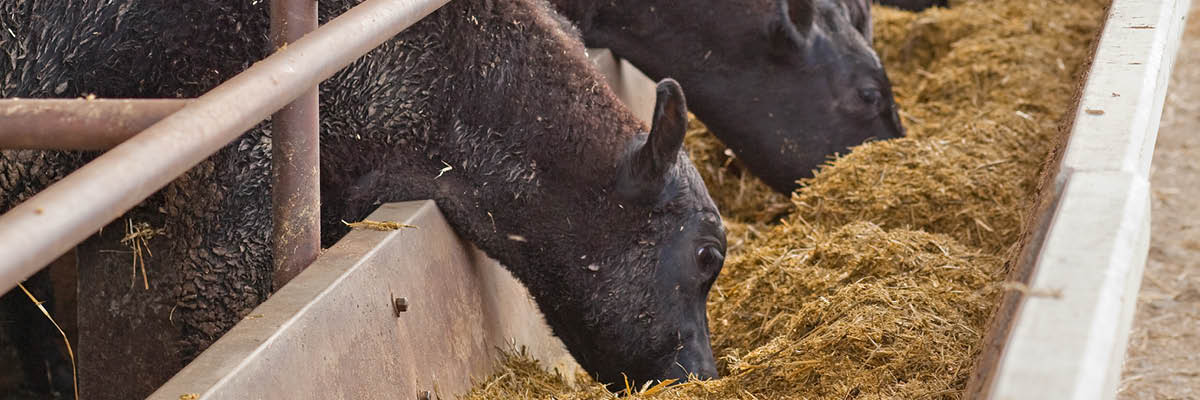Be Aware of Mycotoxin Levels in Feed
Harvest 2019 was a tough one for many Midwest farmers. While some were lucky enough to avoid the rains, others faced a stop-start game managing to get in the field intermittently over the course of a very prolonged harvest period. With the wet conditions and late-planted crops, stored grain may be at risk for mycotoxin development. As spring conditions begin to warm, those warmer conditions may favor mold growth and development.
Mycotoxins are produced by secondary metabolism of:
- Aspergillus (Aflatoxin: Ochratoxin A (OTA); Citrinin)
- Penicillium (Cyclopiazonic acid (CPA); Citrinin)
- Fusarium (Fumonisins: Zearalenone; Deoxynivalenol=Vomitoxin: T-2)
(Keller et al., 2013)
Field scoring corn for infection may not be adequate to determine mycotoxin content. Weather and storage conditions may affect the potential for mold growth and development.
In grain, the presence of mycotoxins can lead to loss of nutrients and loss of dry matter. Their presence can reduce feed palatability for livestock. It can also decrease rumen function and decrease reproductive performance. At high levels, mycotoxin-infected grain can cause sickness and/or death if fed to livestock.
Iowa State University notes that mycotoxicosis can best be prevented by testing grain.
If you suspect mold growth, smell, or see evidence of mold on grain, consider collecting samples and submitting to a lab for chemical analysis. Elisa kits provide rapid detection of mycotoxins. However, the quality of information you get from a test depends on the variety of screening methods used to detect the presence of mycotoxins. Using a reputable lab will help determine both the presence of and/or levels of infestation.
The University of Nebraska-Lincoln provides a fact sheet for producers looking for information about sampling feed for mycotoxins.
For more information, you can read USDA’s booklet ‘Grain Fungal Disease and Mycotoxin Reference.'
Do you have more questions that are not covered in this article? If you need help designing and planning, please contact Summit Livestock Facilities at 800.213.0567 or click here to email us. If you are ready to get a price, click here to request a quote and a member of our customer engagement team will help you determine the next steps of your project.


